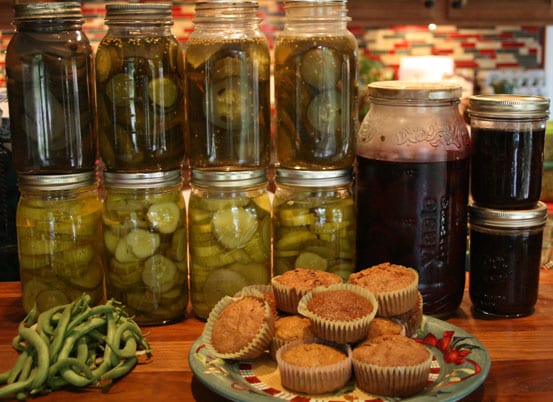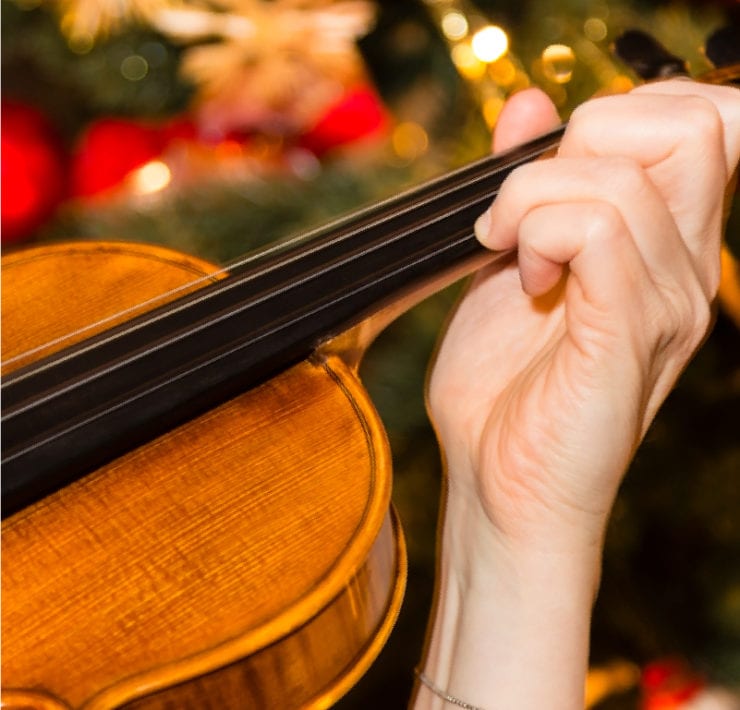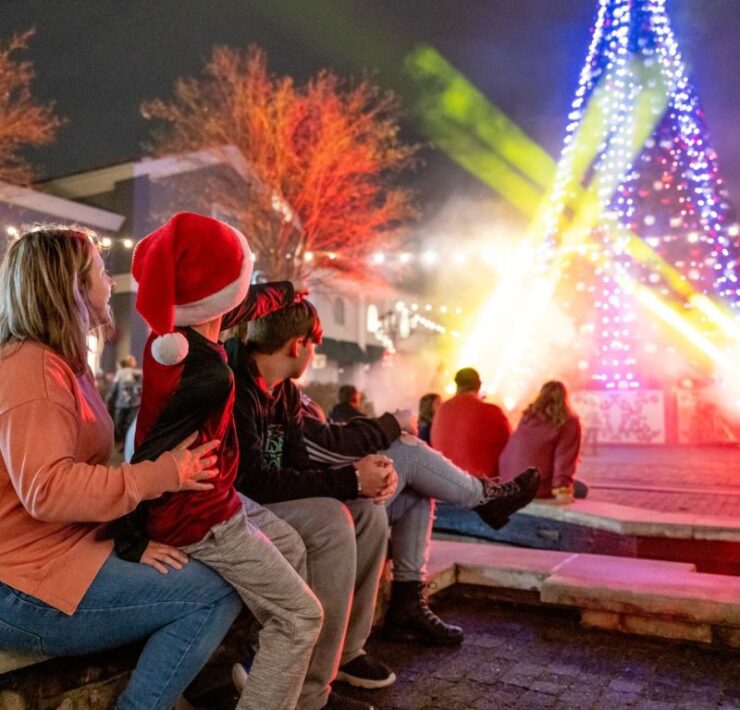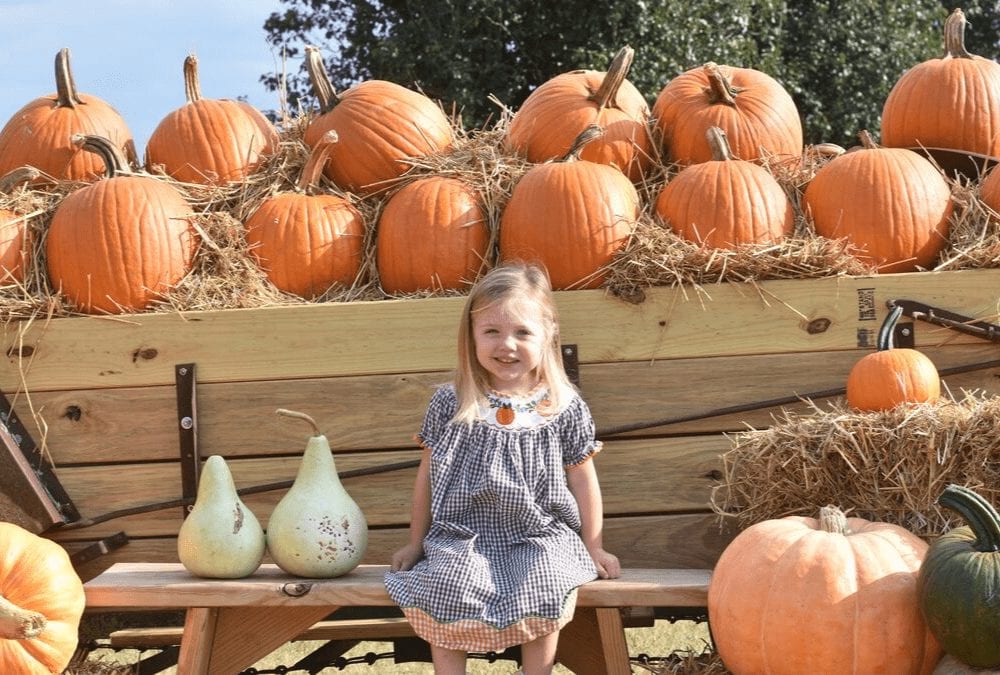The “S” Word
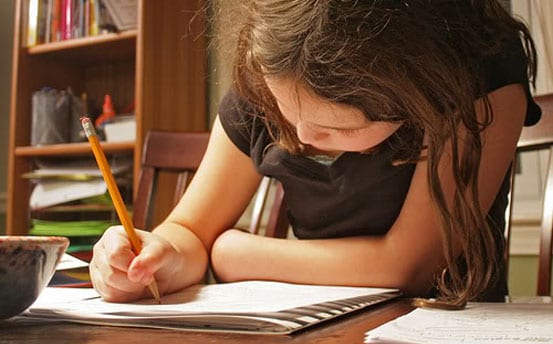
SOCIALIZATION.
It’s sometimes the only thing people care about when you say you’re homeschooling. How are you going to ensure your child is “properly socialized?” “Aren’t you afraid you’ll be isolating your child from other kids and society?” “Aren’t you afraid your child will grow up to be an axe murder or a puppy kicker?” And my favorite, “Your kid will be weird.” (people probably won’t actually say that to your face, but I certainly thought that about homeschooled kids before I got into it.) The “S” word will come from friends and family members who mean well. Even complete strangers are sometimes worried more about your child’s ability to integrate into society than they are about academics.
When it comes to socialization, the assumption is this: the proper way to socialize a child is to put her or him in a classroom with other, same-aged children where they interact and learn to negotiate, compromise, and generally get along. Of course it’s not the only way, but to some it’s the most IMPORTANT way to socialize kids.
On the surface this seems sensible. But here’s my opinion: if your homeschooled child is around other people (grown-ups and kids) in any setting – participating in sports or taking extra-curricular classes; playing with neighborhood kids or siblings; play dates with other homeschoolers; interacting with extended family members; attending church or other social functions – that child will be socialized.
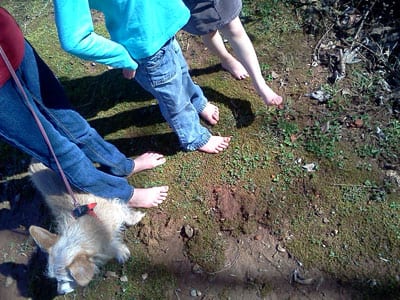
Just like it does not take a classroom for your child to learn; it does not take a classroom for your child to be socialized. Think about it this way: many a child has learned to talk without going to daycare when they’re 6 weeks old. They’ve learned through being around other people and – to a high degree – their parents teaching them. The same is true for socialization. And, I don’t know about you, but my kids are fully capable of interacting with others as well as compromising and negotiating like high-priced attorneys.
Still, some will argue that by homeschooling, you’re depriving your child of Very Important school-environment-style socialization. I respectfully disagree. Universal Public Education is a very recent development in our civilization. There’s little to suggest that socialization of children started with its advent. Before that time, many children were homeschooled or — if their family was wealthy—tutored by a mentor. As for what goes on in today’s schools: I’ve heard rumor that some schools forbid talking at lunch and in the halls and there isn’t a lot of recess time. So when does all this “socialization” happen? (Not to mention there may be some undesirable socialization going on.)
Homeschool does not equate to parents creating a bubble for their children, shielding them from the world. It’s all quite the opposite. No, socialization shouldn’t be the main issue with homeschooling (unless, or course, there’s another problem with the family that needs outside intervention). Generally, home-schooled kids have just as many opportunities to interact with other humans as outside-of-the-home-schooled kids – maybe even more due to the freedom that home school allows.
There are many opinions about socialization on the internet and there’s even evidence that supports positive outcomes concerning homeschooling and socialization. I encourage you to explore other people’s opinions and research and decide what you’ll tell your family members when the “S” word rears its ugly head. Rehearse your response well, because the day will come when someone says, “How will they be socialized!?”
[themify_box style=”lavender rounded” ]Looking for more topics about homeschooling, specifically in Huntsville & Madison County? See all the posts in this series HERE. [/themify_box]Karen Gann had a marketing communications career in high tech before taking a sharp turn into stay-at-home-momdom and homeschooling. She grew up in the Tennesse Valley, lives in Huntsville, and is wife to the wittiest man alive, mother to two head-strong and independent girls (they're adorable, really), and human caregiver to the cats. Addictions include Facebook, Pinterest, NYC's Radio Lab, coffee, food, and politics (not necessarily in that order but sometimes all at the same time). She's also the marketing director for Pandia Press in her spare time.




